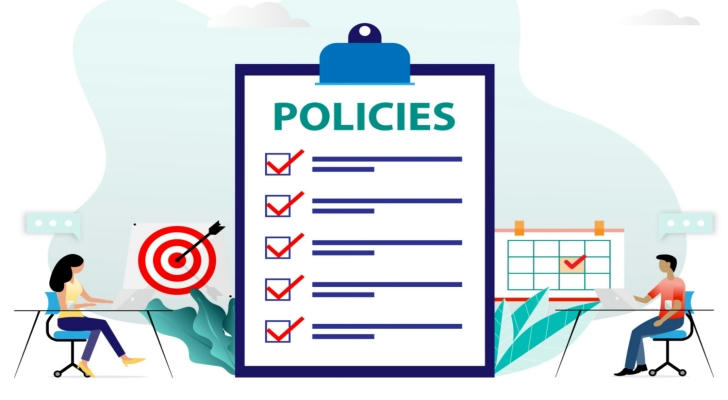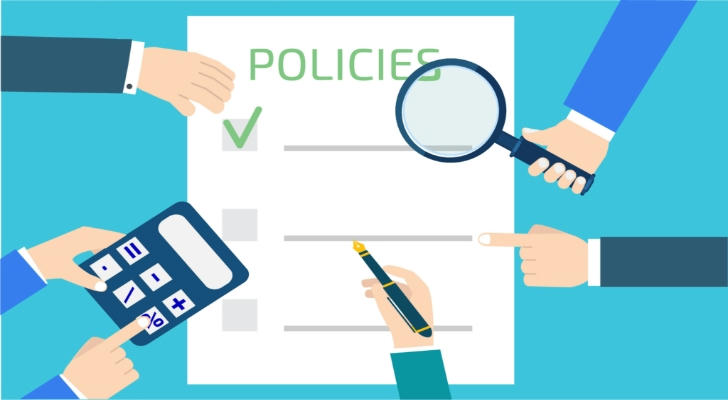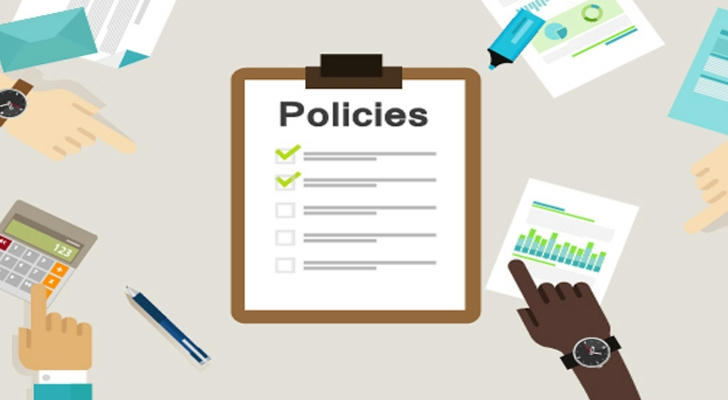The Anatomy of a Policy: What's Hiding in the Fine Print
From car loans to subscription services, policies are embedded in daily life, yet many of us skip over the fine print that governs them. This seemingly minor oversight can lead to financial and legal surprises, as terms often favor providers in ways that are not immediately obvious. With real-life examples, expert perspectives, and actionable insights, this article explores how to uncover the truths hidden in policy fine print and protect yourself from costly mistakes.
Why Fine Print Matters
Fine print contains key details about exclusions, fees, and obligations, often written in dense legal language. According to a 2023 study by Statista, over 60% of consumers admit to not reading terms and conditions before signing agreements. While this is understandable fine print can be lengthy and hard to parse it increases the risk of misunderstandings.
Case in Point:
Emily, a New York resident, signed up for a credit card offering "0% APR for 12 months." She later discovered that a single late payment voided the promotional rate, resulting in retroactive interest charges. This scenario, highlighted in a report by Consumer Financial Protection Bureau (CFPB), is a common tactic in financial agreements designed to protect issuers.
Takeaway: Fine print often includes penalties, exclusions, and obligations that significantly impact your financial wellbeing.

Hidden Pitfalls in Common Policies
Insurance Policies
Insurance agreements frequently use fine print to define what is excluded from coverage. For instance, homeowners insurance often excludes flood or earthquake damage unless additional coverage is purchased.
Real-Life Example:
After Hurricane Ian in 2022, over 40% of affected Florida homeowners were denied claims because their policies excluded flood damage, according to data from FEMA.
Loan Agreements
Loan agreements commonly include prepayment penalties, adjustable interest rates, or balloon payments, all of which can significantly affect repayment costs.
Case Study:
Michael from Texas financed his car with a low monthly payment loan but was blindsided by a $10,000 balloon payment at the end of the term. This type of structure, though legal, is often buried deep in the fine print.
Subscription Services
Subscription services often include clauses about auto-renewals, early termination fees, or price hikes after promotional periods.
Statistical Insight:
A 2021 Better Business Bureau report found that 25% of consumer complaints involved disputes over auto-renewals that were inadequately disclosed during sign-up.
Takeaway: Identifying these clauses before committing can prevent unexpected costs or challenges in cancellation.
Why Fine Print Is Often Ignored
Fine print is deliberately made tedious. Providers use complex legal jargon and overwhelming document length to deter close reading. Terms like unforeseeable events or reasonable efforts often lack clear definitions, allowing companies leeway in interpretation. This can lead to disputes where consumers find themselves at a disadvantage.
Consumer Behavior:
A 2022 study by Deloitte showed that 75% of consumers rely on the summary or marketing highlights of a policy, assuming these are accurate reflections of the full agreement. This misplaced trust contributes to widespread misunderstandings.

Strategies for Decoding Fine Print
1. Focus on Key Sections
Prioritize sections that outline costs, cancellation terms, exclusions, and obligations. For instance, search for keywords like penalty,limitations, or termination using digital document tools.
2. Use Third-Party Verification
Cross-reference policies with consumer advocacy resources, such as Consumer Reports or NAICs Policy Review Guidelines, to uncover common pitfalls.
3. Seek Expert Assistance
If terms are particularly dense, consult a lawyer or financial advisor. While this may seem costly, it can prevent significant expenses later.
Example:
Anna from Ohio used a policy analysis app to highlight risks in her car insurance agreement, such as limited coverage for theft in certain areas. The apps suggestions helped her negotiate better terms with her insurer.
The Cost of Ignorance
Ignoring fine print can result in financial loss, limited legal recourse, and reduced benefits. James, a California tenant, signed a lease without reviewing it thoroughly. He later discovered he was responsible for property repairs typically covered by landlords, costing him over $5,000.
According to a 2023 survey by Pew Research, consumers who fail to review terms are 40% more likely to face disputes or penalties compared to those who invest time upfront.
Red Flags to Watch
Mandatory Arbitration Clauses: These waive your right to sue or join class actions, limiting your legal options.
Evergreen Clauses: These auto-renew contracts without clear opt-out provisions, often resulting in continued charges.
High Penalty Fees: Excessive fees for late payments, cancellations, or breaches.
Conflicting Terms: Discrepancies between summaries and detailed clauses.
Example:
A study by Harvard Law Review in 2022 highlighted that 30% of arbitration clauses disproportionately favored businesses, effectively restricting consumer rights.

Proactive Policy Management
To protect yourself, adopt the following practices:
Take Your Time: Request a copy of the agreement and review it thoroughly before signing.
Compare Options: Use comparison tools or seek multiple quotes to understand industry standards.
Revisit Policies Regularly: Terms can change during renewals, so ensure your agreement still meets your needs.
Keep Documentation: Always maintain a record of signed agreements for future reference.
Conclusion: Empower Yourself with Awareness
The fine print is designed to inform but often ends up being a tool for obfuscation. By understanding its importance, identifying potential pitfalls, and using expert tools, you can turn policies into protective measures rather than sources of stress.
With data, insights, and proactive management, you can navigate agreements confidently, ensuring you stay informed and empowered in every decision. The next time you face a lengthy policy, remember: the devil is in the details, but so is your protection. ??
